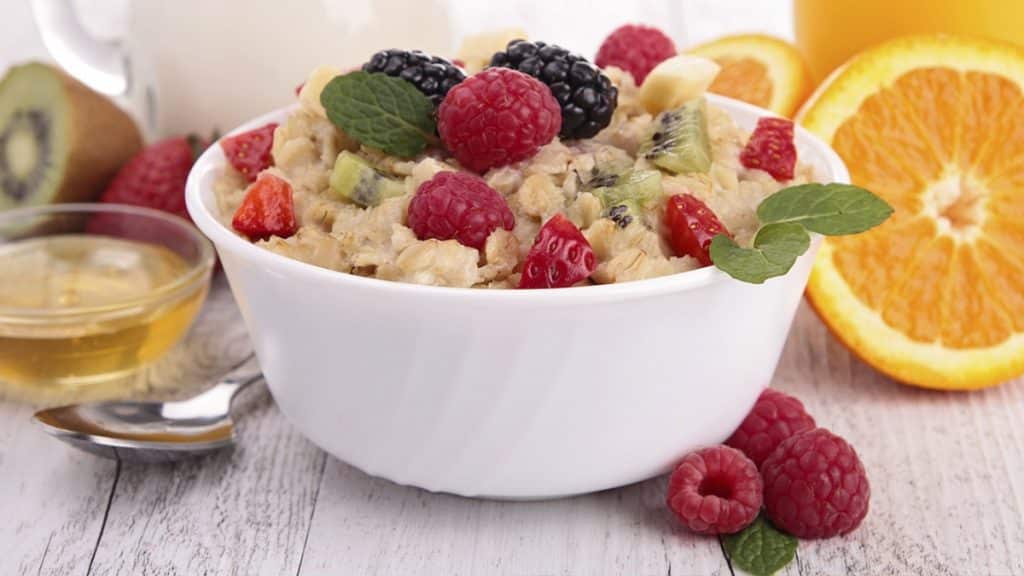Introduction
Acute Lymphoblastic Leukemia (ALL) is a type of blood cancer that affects the white blood cells. In healthy individuals, the bone marrow produces immature white blood cells (lymphoblasts), which then become mature white blood cells and carry out crucial immune functions within the body. In ALL patients, the lymphoblasts never mature and divide uncontrollably within the bone marrow.
Balanced nutrition is crucial for ALL patients, as it positively impacts the treatment response, recovery, and treatment results. Most importantly, a balanced diet helps Acute Lymphoblastic Leukemia patients maintain their energy and strength during their treatments.
In this article, we discuss the importance of a balanced diet in ALL patients, nutritional tips for ALL patients, and what foods should be avoided by ALL patients.
Importance of a Balanced Diet for Acute Lymphoblastic Leukemia Patients
A balanced diet benefits ALL patients in the following ways:
- A balanced diet provides ALL patients with essential nutrients that help them maintain a healthy body weight during their treatment.
- Nutrients from a balanced diet may help in reducing the severity of side effects associated with certain ALL treatments.
- Essential macro- and micronutrients from a balanced diet can help ALL patients remain energized and have better strength during their treatment.
- Consuming a balanced diet throughout their treatment journey can help ALL patients have a faster recovery and heal better.
Top 5 Diet and Nutrition Tips for Patients with ALL
Blood cancers demand systemic treatments that are often aggressive; in other words, the treatment targets the entire body. Therefore, patients tend to experience severe side effects. To overcome these side effects, patients should have sufficient strength and energy in the body, and that comes from a balanced diet.
Here are the top 5 tips that onco-dieticians often share with patients undergoing cancer treatment.
1. Intake of protein-rich foods can promote tissue repair and maintain muscle mass.
2. Include fruits and vegetables in the diet as they carry essential vitamins and minerals. You may want to avoid raw foods if you have a high risk of developing infections.
3. Optimum fluid intake is crucial for ALL patients to prevent dehydration and fatigue.
4. Side effects like loss of taste, loss of appetite, nausea, and vomiting can have a negative impact on the food habits of ALL patients. In such cases, they should opt for small but frequent meals. They can also keep snacks loaded with nutrients handy, on which they can munch at regular intervals.
5. ALL patients may also consider nutritional supplements to meet their daily nutritional demands. However, they should first speak to their expert team before incorporating supplements into their daily diet.
Foods to Avoid with ALL
Patients undergoing ALL treatments will have compromised immunity. In such cases, consuming certain foods can increase the risk of infections and other complications. Therefore, it is important for ALL patients to avoid the following foods:
- Raw or undercooked meats, seafood, and eggs
- Unpasteurized dairy products
- Unwashed fruits and vegetables (in some cases, raw fruits and vegetables)
- Expired foods
- Excessive sugar and processed foods
- Alcohol
- Caffeinated drinks
Bottom Note
ALL patients often undergo aggressive treatments, and loss of taste, loss of appetite, nausea, and vomiting are common side effects of their treatments. Considering nutritional counseling at the beginning of their treatment can help ALL patients navigate their treatment journey with more energy and strength.


